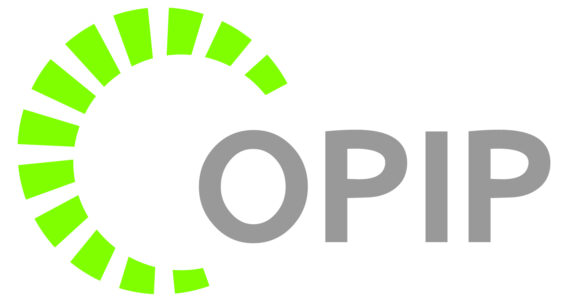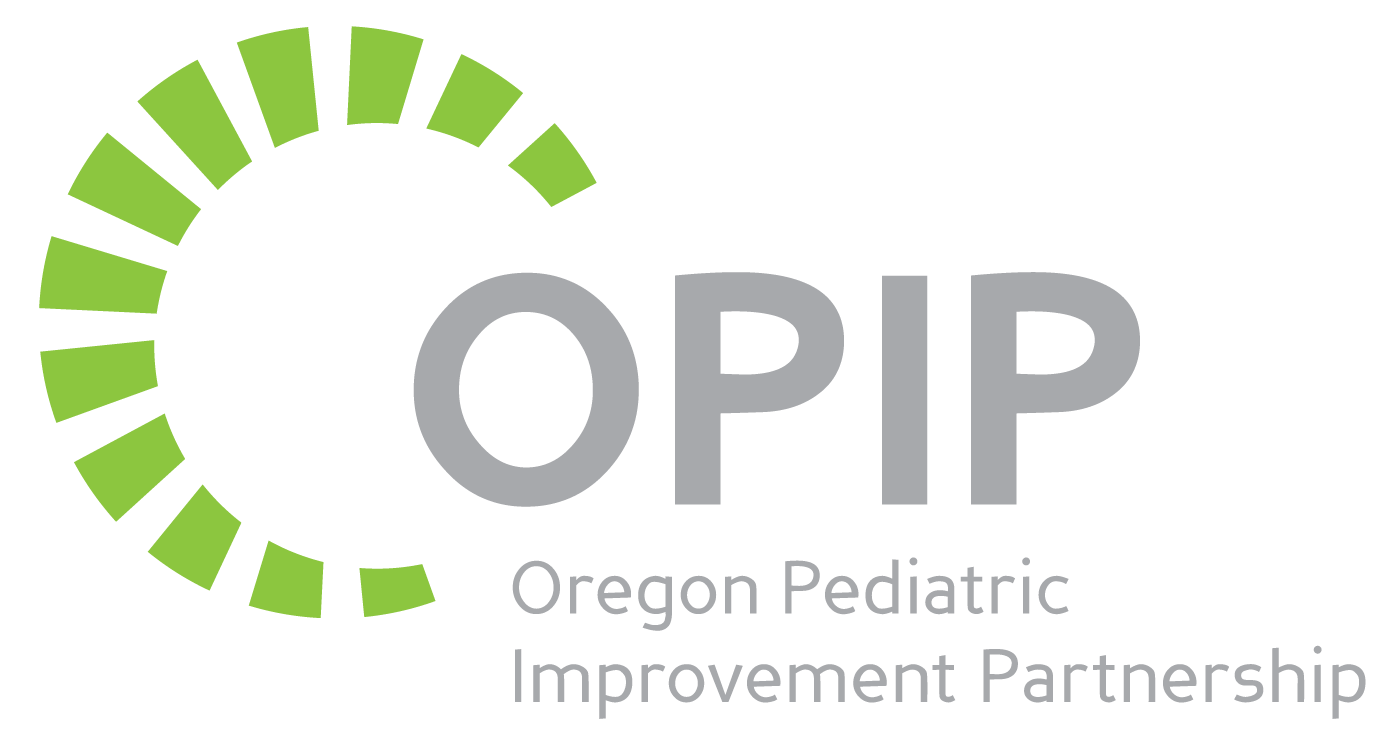PAST PROJECT
Led by the Northwest Early Learning Hub (NWELH) and funded by Columbia Pacific Coordinated Care Organization, this two-year project improved the receipt of services for young children who were identified at-risk for developmental and behavioral delays through:
- Cross-sector stakeholder engagement and baseline data collection about current processes and where children are lost to follow-up;
- The development, implementation, and evaluation of improved follow-up processes, including referral to and coordination of services that help at-risk young children to be ready for kindergarten.
As a critical partner, Oregon Pediatric Improvement Partnership (OPIP) supported the development of stakeholder engagement and evaluation methods and the transformation activities within primary care clinics meant to enhance follow-up and care coordination for children identified at–risk.
Through stakeholder interviews and county-level meetings, OPIP used a collective impact model to engage stakeholders within health care, Early Intervention (EI), and early learning focused on developmental screening and/or who provide follow-up services for children identified at-risk for delays on developmental screening tools. Baseline qualitative and quantitative data were collected in order to 1) Understand the current pathways from developmental screening to services in Clatsop, Columbia, and Tillamook, and the community-level assets and resources that exist to support follow-up services; and 2) Understand where and how children are falling out of these pathways and not receiving services to address the identified risks, including where there is a lack of capacity to serve children identified. To support the improved processes, community-specific triage and referral processes were developed to match the at-risk child and family with the most appropriate follow-up providers based on the child’s developmental screening risk scores and other child/family factors.
On-Site Training and Support to Primary Care Practices
EI and Early Learning to Implement Asset Mapping Refeerral and Triage Map
- Summary of Implementation in EI: Success and Barriers
- Summary of Implementation in EI and Early Learning: EI and Early Learning Evaluation Data
Summaries of Key Learnings to Inform Spread and Innovation
- Follow-up to Developmental Screening Tool for Primary Care Providers
- Strategic Summary of Innovations with EI and Implications Moving Forward
- Stategic Summary of Learnings from Early Learning Pathway Focus on Medical Therapy Serices; Pathway to Centralized Early Learning Platform, Part 1 & Part 2
The sites which piloted the improved processes were:
- Four primary care practices serving a large number of publicly insured children residing in these counties: OHSU Family Medicine at Scappoose, Columbia Memorial Health Pediatrics, Tillamook County Community Health Center, and Adventist Women and Families Clinic in Tillamook
- Early Intervention – Northwest Regional Education Service District Service Centers in Columbia, Clatsop and Tillamook Counties.
- Mental Health Providers – Clatsop Behavioral Health and Columbia Community Mental Health
Sites received improvement and transformation tools developed by OPIP, monthly implementation support, and refinements to the improvement tools will be made based on lessons learned and barriers identified. A number of generalizable tools were developed at the end of the project to support the spread of innovation more fully across all three counties in the CPCCO region.
As the backbone organization of early learning across all three counties, NWELH convened all county-level stakeholders together semi-annually to share the learnings, discuss implications for spread, and to inform priorities for the NWELH.

